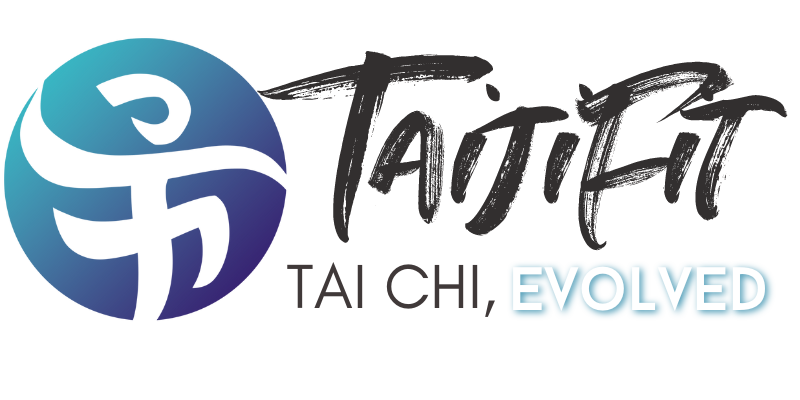Set Intentions and Avoid New Year Resolution Failure
Wondering if you should take part in the tradition of setting a New Year resolution? Today we’re going to talk about resolutions, intentions, and why you should set intentions and avoid New Year resolution failure.
What is a New Year’s resolution?
This is the tradition of making a promise to yourself to start doing something positive—or stop doing something that feels negative—on the first day of the year. Some people resolve to stop eating junk food, stop gossiping, stop smoking, etc.
Resolutions are inherently doomed to fail, because making a change is easy. It can be done in a split second. It’s the sticking-to-the-change that is difficult. And with failed resolutions come negative feelings that can be avoided by setting intentions.
What is an intention?
Let’s first talk about what an intention is not. It’s not a goal, measurable by success or failure. It’s not saying, “I’m going to feel good today” and then feeling like a failure because you didn’t feel good all day.
Here’s what an intention is: It’s a feeling. It’s a spiritual, emotional, and mental wavelength; a vibe, if you will. It’s a tool to guide you toward your hopes, dreams, and goals.
Think of it as a compass to help you intentionally move through the daily decisions you’re faced with. Intention is the guiding light to bring you back to center when you lose sight of what you want to focus on.
Intentions are the way we stay aligned with our values and goals, whether that be the kind of person you want to be (I intend to be patient and compassionate, even in stressful situations) or even the type of workday you want to have (I intend to be productive and focused).
Join our Newsletter!
SIGN UP TO RECEIVE ENROLLMENT ANNOUNCEMENTS, UPDATES AND MORE!
Why should you set an intention instead of a resolution?
Resolutions are easy to make. The issue is, they’re often goal-oriented which means we’re focusing on an outcome instead of the changes needed to make the resolution a reality. It also allows us to focus on what we didn’t do versus what we did do.
For example, if you resolve to lose weight, you’re going to be focused on the numbers on the scale. And while you can tell yourself that it’s because you want to be healthier, your mind is focused on the goal instead of the journey.
Using that same example of losing weight, let’s set an intention instead. First, we need to discover why we want to lose weight. One way to get to the root of why is to ask yourself just that: Why do I want to lose weight? It could be because you want to feel healthier.
We then again ask ourselves why. Why do I want to feel healthier? Because I want to fit into clothes I used to wear. Again, we ask why. Why do I want to fit into those clothes? Because I felt better about myself in the time period when I wore those clothes. Why? Because I was able to move better, I wasn’t as tired all the time, and I felt more confident.
Light bulb moment! This is the true reason we want to lose weight—to move better, feel more energetic, and be more confident. So our intention would be: I intend to feel good. I intend to move my body. I intend to be more confident.
When we set these intentions, we can then focus our entire daily routines around those intentions instead of focusing on the scale readout.
How do you implement an intention?
One of the easiest ways is to state your intention to yourself as part of your morning routine. You can say it aloud, or not. You can state it to yourself while you’re brushing your teeth, getting dressed, grooming, or grabbing your keys as you walk out of the door.
A great way to keep your intentions in the front of your mind is visual reminders. Create a nice graphic, print it out, and frame it. Or, you can write it on a sticky note and place it on your bathroom mirror.
Writing it in your journal is another wonderful way of keeping your intention front and center. Meditating on your intention for a few minutes at the beginning of your day will help keep it in the front of your mind, too.
Try to make it a habit to examine each decision, action, and reaction in the light of your intention. Did you stay true to your intention? If not, what could you have done differently?
And remember, this is not a test. You will not be graded on how hard you stuck to your intentions. The whole purpose of an intention is to guide you toward your hopes, goals, and dreams.
Let yourself see you in a non-judgmental light.
